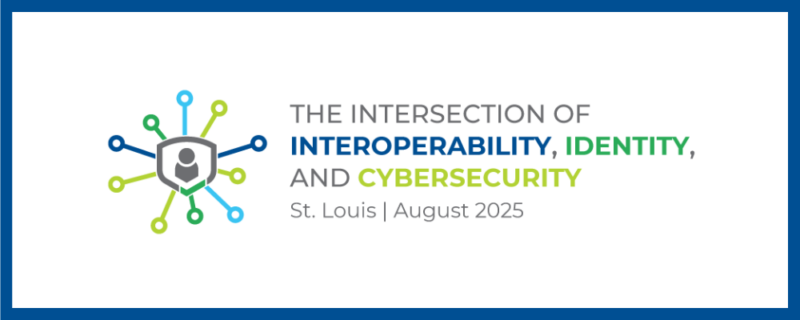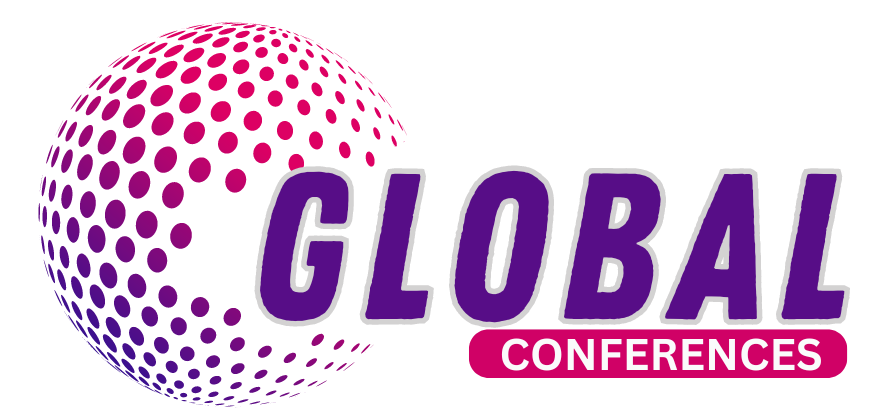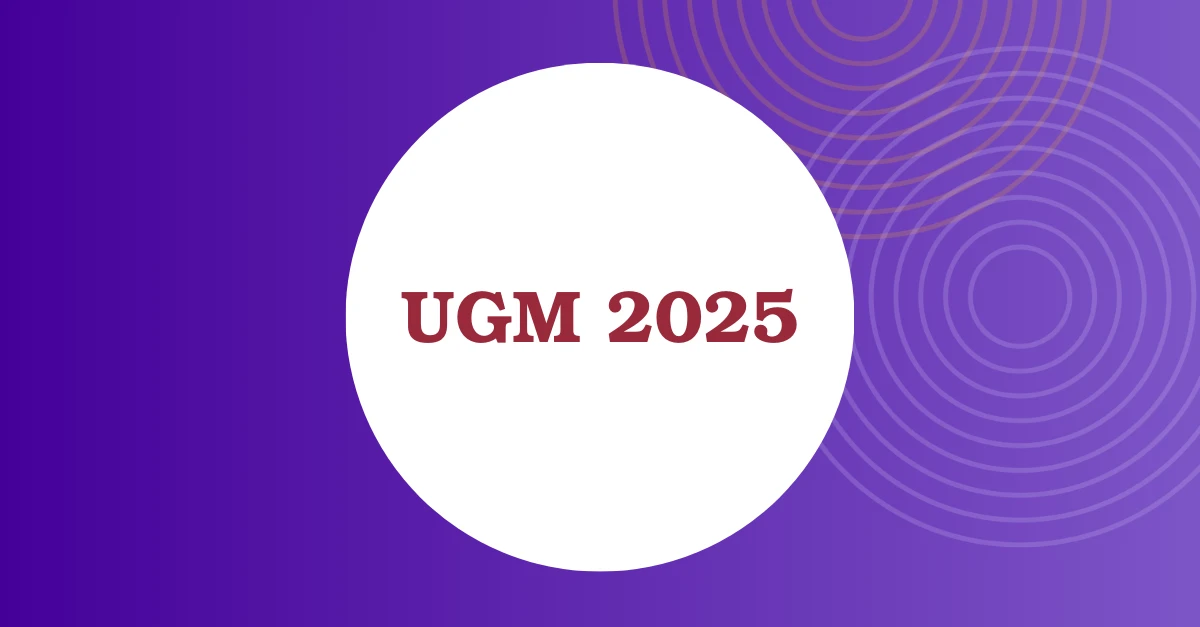The government, through its efforts is taking the healthcare industry to a new era of innovation and technology acceptance, which is why healthcare practices and organizations are increasingly adopting the use of modern technologies such as integrated Electronic Medical Records.
Since EMR awareness is on the rise, many vendors offering their EMR product have sprouted in the market, all vying to sell their products and services to practices and providers. This makes it hard for practices to filter out the good ones from the bad and find the ideal solution. A comprehensive analysis of the vendor’s business principles, operations, products and services is thus required before making the leap. After practices decide on which vendor they are going for, the operational and daily workflows of the practice need to be evaluated. Ray Parker, an EMR implementation specialist at a major health IT organization, gives us his take on the subject matter explaining the approach that practitioners should take in order to ensure a smooth execution of the system within their offices.
Firstly, practitioners and implementation specialists have to determine the practice needs and evaluate why they want the switch to take place. They have to ask questions from their own practice and do a self-evaluation to conclude what they want from a new EMR and what how they would like that solution to work on a daily basis. The implementation specialists have to be notified of these determined outcomes so that they can make out a specific plan to implement in that practice. There can be differences in opinion, but the end goal is usually the same ’ achieving Meaningful Use and complying with the industry regulations set by the government and their regulatory institutions, so that the practice can receive incentives offered by the government, and streamline their workflows to maximize profitability.
When it is time to determine the clinical and administrative requirements of your practice, it is imperative to communicate some important details to your vendor such as the number of clinicians at the practice, their specific specialties, their workflows, the specific individuals who would need access to the system etc. It is essential to the process of implementation that the practices’ needs are clearly communicated with the vendor, and the vendor communicate what they can do to address those needs before they give the practice a product demonstration. This will help both parties understand what they expect from each other.
Data preservation and data migration are very important for the implementation process to smoothly work out. Keeping the legal consequences, the providers have to decide which data they want to be electronically migrated and which data they want to keep in paper format. The size and type of the practice also plays a crucial role in this.
Conclusively, crystal clear communication is key making the implementation of EMRs successful. When both the vendor and the practice know what they want from each other, they will act accordingly and provide the other with the right information. Source


























